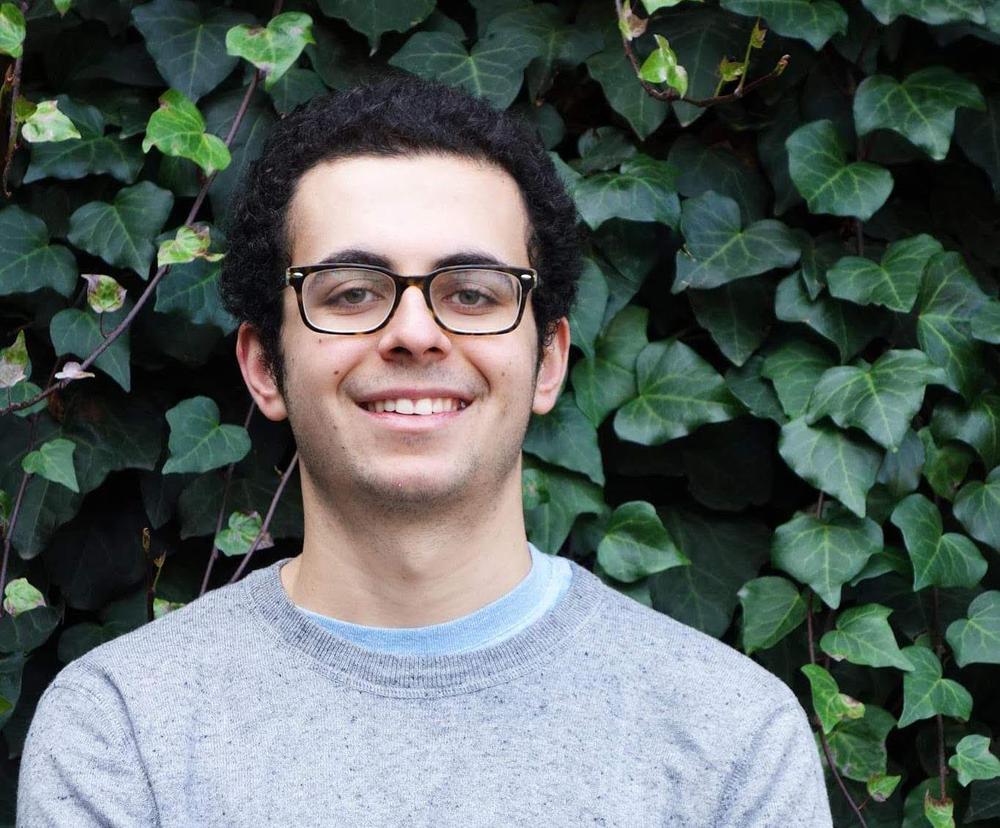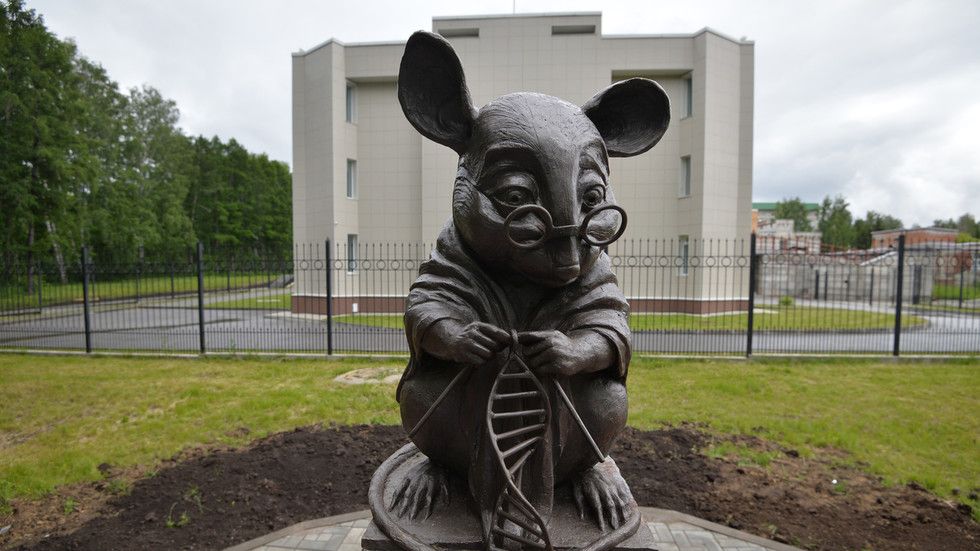A pair of researchers at University College London has found that people with low socioeconomic status experience more declines in age-related functions as they grow older than do people who have a higher socioeconomic status. In their paper published in Proceedings of the National Academy of Sciences, Andrew Steptoe and Paola Zaninotto describe their study of data from the English Longitudinal Study of Ageing, and what they learned.
Prior research has shown that poor people tend to suffer more adverse health effects than those who are better off. They also tend to die younger. But one area of aging that has not been well-studied is the impact of poverty on age-related functional decline, associated with such symptoms as loss of hearing or muscle strength. To learn more about the relationship between socioeconomic status and age-related functional decline, the researchers analyzed data in the English Longitudinal Study of Ageing—an ongoing long-term study of the aging process. Launched in 2002, the study involved collecting data on volunteers aged 50 and over as they grew older. The data includes both medical and physical information, along with test results designed to measure cognitive and emotional levels. The data sample for this new effort included information on 5,018 people 52 years of age or older as they aged over periods of six to eight years.
The researchers found that people living at the lower end of the economic spectrum performed worse on every measure of age-related functionality. Those less well-off lost grip strength, lung function, gait speed, processing speed and executive function. They also tended to report enjoying life less than those who were more affluent. The researchers noted their findings were independent of race, gender, education or age. They also found that those of lesser means experienced more vision problems and were more likely to be depressed.






